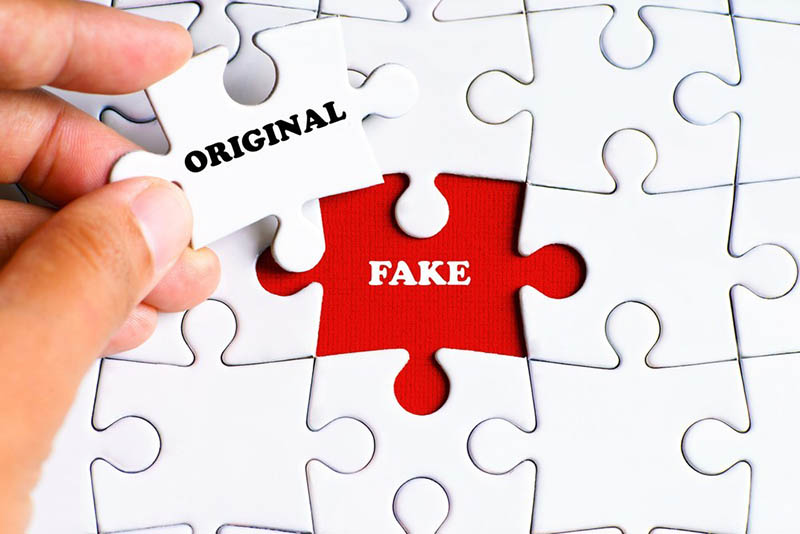The Rise of Counterfeits
UNICUBE has researched the rise of counterfeits during the past few years. The results have shown a steady increase in counterfeit and pirated goods. According to the latest info by our crew, counterfeit goods now stand at 3.3% of global trade.
Based on the data that we have gathered on the value of imported fake goods worldwide back in 2016, customs seizure data was at 509 Billion USD (around 2 Trillion Ringgit), up from 461 Billion USD back in 2013 which equated to about 2.5% of world trade. As for the European Union, counterfeit trades represented 6.8% of the imports from non-EU countries, up from 5% in 2013. Though these numbers do not include products that are being distributed through the internet.
Fake goods create profits for a criminal organization at the expense of companies and the government. Counterfeit products like medical supplies, car parts, toys, food, cosmetics and electrical goods carry a range of health and safety risks towards the consumers. UNICUBE concludes that counterfeiters thrive where there is poor governance. It is vital that we do more to protect intellectual property and address corruption.
UNICUBE’s data survey showed that the majority of fake goods picked up in customs checks originate in mainland China and Hong Kong. Other major points of origin include the United Arab Emirates, Turkey, Singapore, Thailand and India.
The countries most affected by counterfeiting in 2016 were the United States, whose brands or patents were concerned by 24% of the fake products seized, followed by France at 17%, Italy (15%), Switzerland (11%) and Germany (9%). A growing number of businesses in Singapore, Hong Kong and emerging economies like Brazil and China are also becoming targets.
How Do We Stop Them?
1. Embrace technology
One of the best ways to prevent this is to look for companies like UNICUBE that can provide security to your products even while it’s out in the wild. By applying our custom made label for your brand or packaging it with our tamper prevention seal tape, we can help protect your products from being tempered by third parties. It also ensures to your customers that your product is legitimate and not a possible counterfeit.
2. Secure global protection of IP
UNICUBE recommends you to restrict others from using or manufacturing your products without permission, you should be sure you secure a patent, trademark or copyright. And register them in other countries where counterfeit products may originate.
For instance, a whopping 86% of counterfeit goods come from China and Hong Kong. If your ownership rights do not extend globally, there may be nothing stopping people in other countries from counterfeiting your product.
3. Allocate resources to monitor the market
To find counterfeiters, you may need to go searching for them. UNICUBE urges you to start monitoring the market. As an example, you may have someone who crawls online stores looking for unauthorized sellers.
You can also restrict the channels through which you advertise and sell authentic products. Limiting these channels can make it easier to identify fake products when they are sold through unauthorized sites or sellers.
4. Make it easy for your customers
Counterfeits can leave a lasting impression on your customers who may not return after a bad experience. To prevent this, UNICUBE offers you some countermeasures.
To start, you should make it easy for your customers to identify and report knockoffs. Providing information like product descriptions can be an easy way to inform buyers. And if they believe they received a counterfeit version of your product, they should be able to report the concern to you easily.



